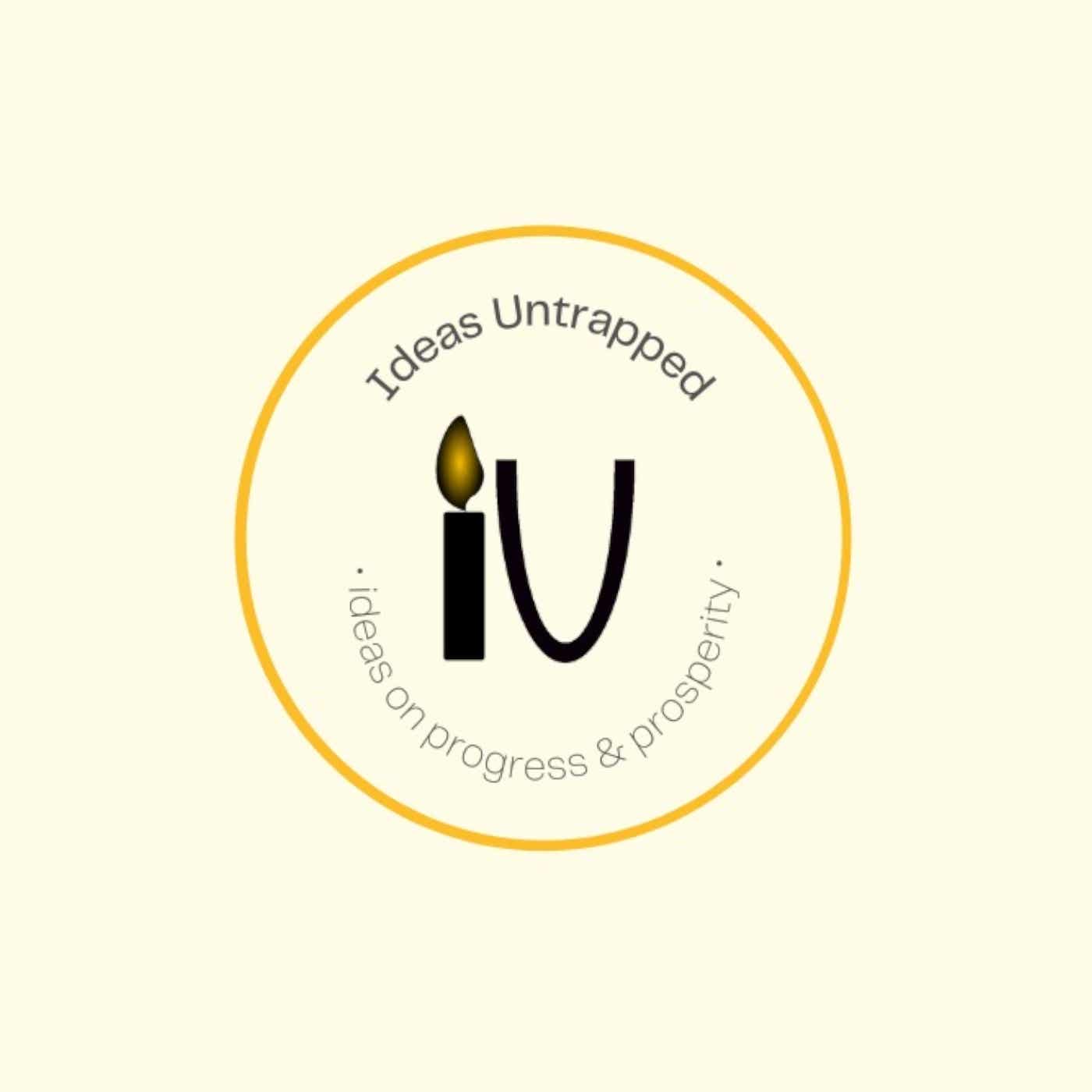GAMBLING ON DEVELOPMENT
Description
My guest on this episode is Stefan Dercon - author of the recently published and most excellent book ‘Gambling on Development: Why Some Countries Win and Others Lose’. Development scholars have produced many explanations for why some countries did better than others after the Second World War. Factors like geography, quality or type of institutions, foreign aid, and protective trade policies, have been argued as what explains this divergence in national prosperity between countries. Dercon's contribution will no doubt be plugged into this long-running debate - and in my opinion, he comes closest to having a ‘‘first principles’’ explanation than anyone I have read on the subject. Other theories leave you with nagging questions - Where do good institutions come from? Are countries condemned by their histories? Why do some countries use foreign aid better? Why are some countries with rich geographic endowments doing worse? Why does protective trade lead some countries toward becoming industrial exporting giants, and some others into a macroeconomic crisis?
Dercon argues that countries that have done better do so by working out a ‘development bargain’. This comes about when the people with power and influence (elites) in a country find a cooperative agreement (bargain) to consciously pursue economic development and national enrichment. Development bargains are not simple, they are often messy. And elites are not a bunch of altruistic do-gooders. Rather, through many complicated networks of intra-elite competitions and cooperation, they decide to gamble on the future by betting that economic development will deliver the biggest win. Dercon does not claim to have found the holy grail of development - and there are still many questions to be answered. But his argument does lead to one inevitable conclusion. Countries and their people will have to figure out what works for them and how that delivers prosperity.
Stefan Dercon is Professor of Economic Policy at the Blavatnik School of Government at Oxford University. He was the Chief Economist of the UK’s Department of International Development (DFID).
Transcript
Tobi;
Was your experience really what inspired you to write the book?
Stefan;
Well, you know, what inspired me definitely is just the contrast that I've had in terms of things I do. Because I've been an academic for a long time, I have more than 30 years writing and studying and, you know, I was one of these academics who like to, as one sometimes puts it, you know, like, likes to get mud on their feet, you know, mud on their boots. I used to work mostly on rural households and in most countries, these are amongst the poorest people, and you just get to know what's going on there. I have a policy interest, and I was just lucky 10 years ago, a bit more than that, I got a job as a Chief Economist in the UK aid agency, and it's just that contrast of having had the chance and the opportunity to get involved on the policy side, on meeting all the more senior people...and it's just that contrast between still enjoying being surrounded by people and what they do and understands livelihoods of poorer people, combined with being in the policy space, I felt like, you know, I have a unique perspective that I wanted to communicate. And it was just a quest to communicate, actually. If anything, I wanted just to tell more of these stories because I think, from all sides, we tend to misunderstand a lot of what's going on and how things work in practice. And that's definitely the case on the academic side. We're so far sometimes from reality that I wanted to tell that story a bit more.
Tobi;
And I mean, after you wrote the book, and after publication, I presume from some of the feedback that your book is actually quite successful. I gave so many copies away, right, I can't even count. I think at some point, I temporarily bought out Roving Heights' entire stock. So how has the reception been generally?
Stefan;
I me
More Episodes
Published 04/27/24
In this episode, I had a conversation with economic historian Johan Fourie, who is a professor of economics at Stellenbosch University, and the author of one of the most enjoyable books on economic history called Our Long Walk to Economic Freedom. We spoke about the resurgence of economic...
Published 03/20/24
Published 03/20/24


